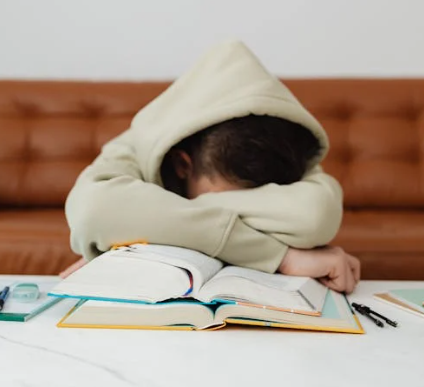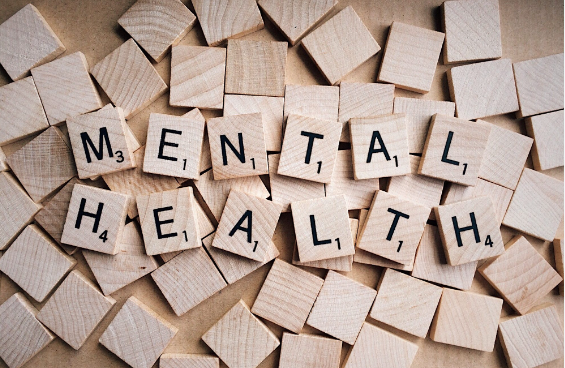
Being in high school is one of the most intense dynamic points in your life. You are in the transition stage from being an adolescent to an adult. In these times teenagers often have a cluster of activities to balance, such as possibly having a job, volunteer work, sports activities, extracurriculars, and lastly balancing the demands of homework that high school entails. There is pressure to complete all of these activities in the limited time we have in a day. It becomes the student’s last priority to sleep.
As a teenager, you need at least eight to ten hours of sleep a night to be able to actively function in the following day. For students with chaotic schedules, this required minimum of sleep can be an immense struggle. Another explained the reason that teens struggle with a sleeping pattern is something called the circadian rhythm shift; this is a normal change in a teenager’s own biological clock which starts as early as the age of 13 and lasts until you’re about 20. The circadian rhythm shift is when teenagers have more energy at night, causing an irregular sleep pattern. In this shift, teens tend to have difficulty sleeping at earlier times, staying up later, and sleeping in longer.
Another massive effect of sleep schedules prominent in twenty-first-century teens is screen time. Screen addiction can suppress the melatonin surge to sleep, and keeps people up for hours on end staring at screens. The average teenager spends up to eight hours on cellular devices a day, the most time spent on cell phones often occurs at night time. It can be very easy as a teenager to get lost in the world of social media, online streaming, and extensive Facetime calls with your friends. Sometimes when the only time of day you have to yourself is at night, You postpone prioritizing a good night’s rest and choose to use your devices as an escape.
What is the big effect of sleep on students in school? On every weekday a majority of teenagers attend school; more often than not schools have an early time requirement to be present in your first class. Students who do not reach the required minimum of 8-10 hours of sleep (sometimes depending on the person, you may need more) will experience a drastic setback in a healthy routine. Sleep and food are what fuel your brain to function. As teenagers, your brain is still in a developmental process that does not end until you are at least twenty-five years old, without a good amount of sleep your brain is not being properly fed. Oftentimes, students who do not go to bed at a reasonable time will have difficulty waking up the next morning, your brain is telling you that you need more sleep, and this causes them to sleep in and miss getting to school on time. Not only can sleep affect your day-to-day schedule, it can cause a decline in your mental health, and the ability to do your school work. A lack of sleep can also suppress your appetite, making it hard to eat in the morning, and food is another vital source of energy for your brain.
What should you do if you struggle to have a regular sleep schedule? One of the most important parts of ensuring you will get enough sleep is to establish a schedule that works for you. A good schedule is created when you prioritize your time, when evaluating what you need to accomplish day to day you need to take into consideration what is best for you to excel. If you do sports or activities, or you work, ensure that you will be able to come home at a time that you can rest early. If you struggle with staying up and using your phone, make it a priority to put your phone down 30 minutes before you go to bed so you have time to rejuvenate.
When you are young it is important to get the best amount of sleep you require, when you establish a sleep routine for yourself it becomes easier to function and be successful during the day.





